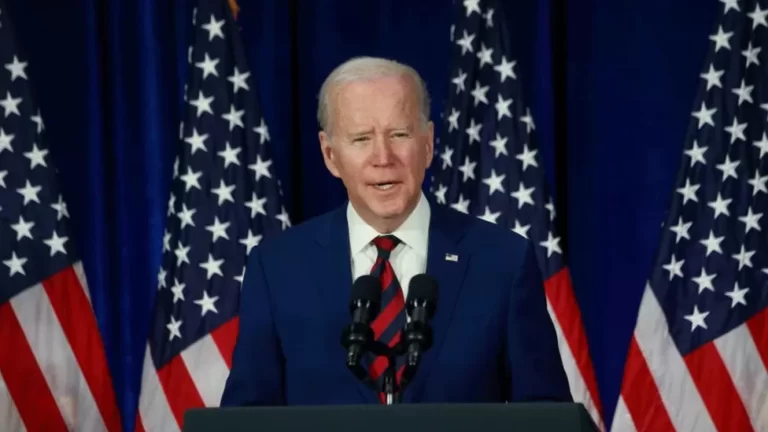The United States has added Japan to its “monitoring list” of major trading partners whose currency practices warrant close scrutiny, though none have been labeled as currency manipulators. The Treasury Department’s semi-annual report evaluates countries with substantial trade surpluses that may be actively intervening in foreign exchange markets to gain trade advantages.
In its latest report, the Treasury Department noted that Japan met two of the three criteria for “enhanced analysis”: possessing a significant current account surplus and a notable bilateral trade surplus with the United States. However, Japan did not meet the third criterion, which involves persistent one-sided intervention in the foreign exchange market.
Japan now joins China, Taiwan, Malaysia, Singapore, Vietnam, and Germany on the monitoring list. According to the Treasury statement, none of these countries met all three criteria to require enhanced scrutiny.
The report concluded, “No major US trading partner manipulated the exchange rate between its currency and the US dollar to prevent effective balance of payments adjustments or to gain an unfair competitive advantage in international trade during the four quarters through December 2023.”
Japan’s inclusion on the list follows its intervention in currency markets starting in April to support the yen, which has plummeted from around 115 per dollar before Russia’s invasion of Ukraine in February 2022 to nearly 160 per dollar. This decline is partly due to the Bank of Japan’s decision to maintain ultra-low interest rates while other central banks have increased theirs.
Since then, Japanese authorities have spent approximately $62 billion to stabilize the yen, according to recent government data.


